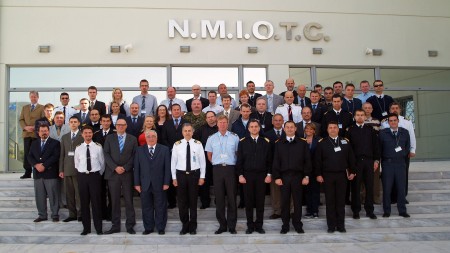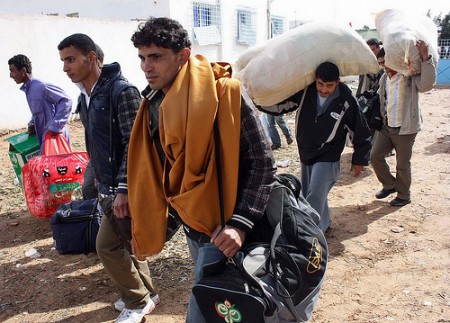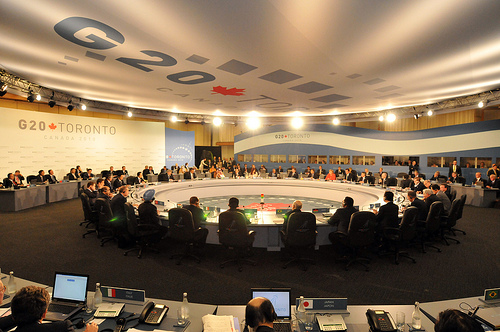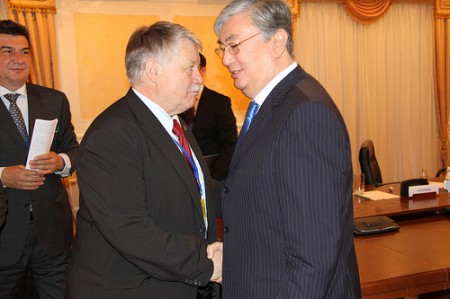From April 12 to 14 a total of 48 professionals participated in the Cooperative Development Team Training at the NATO Maritime Interdiction Operational Training Center (NMIOTC) in Crete. An intense three-day program provided them with an insight into the theories and processes of producing ADL courses as well as with first-hand practical experience.

About ADL and e-learning
Advanced Distributed Learning (ADL) is e-learning based on the SCORM standard. This standard, established and maintained by ADL Labs in the US on the basis of a US DoD initiative, is well established in NATO and also represents the production standard of the PfP Consortium’s ADL Working Group. Advanced Distributed Learning to this standard supports interoperability of content accross compliant NATO and non-NATO platforms as well as flexibility when it comes to combining content for different audiences and learning scenarios.
About the CDT Training
Based on the proven collaboration in establishing ADL capability within NATO and PfPC countries, the event was organized and conducted as a joint project of NATO SACT, US Joint Forces Command, the International Relations and Security Network (ISN) from Switzerland and the US DoD ADL Initiative. The NATO Maritime Interdiction Operational Training Center (NMIOTC), located at Souda Bay near Chania, Crete, hosted the event and provided the infrastructure for lectures and practical sessions.




